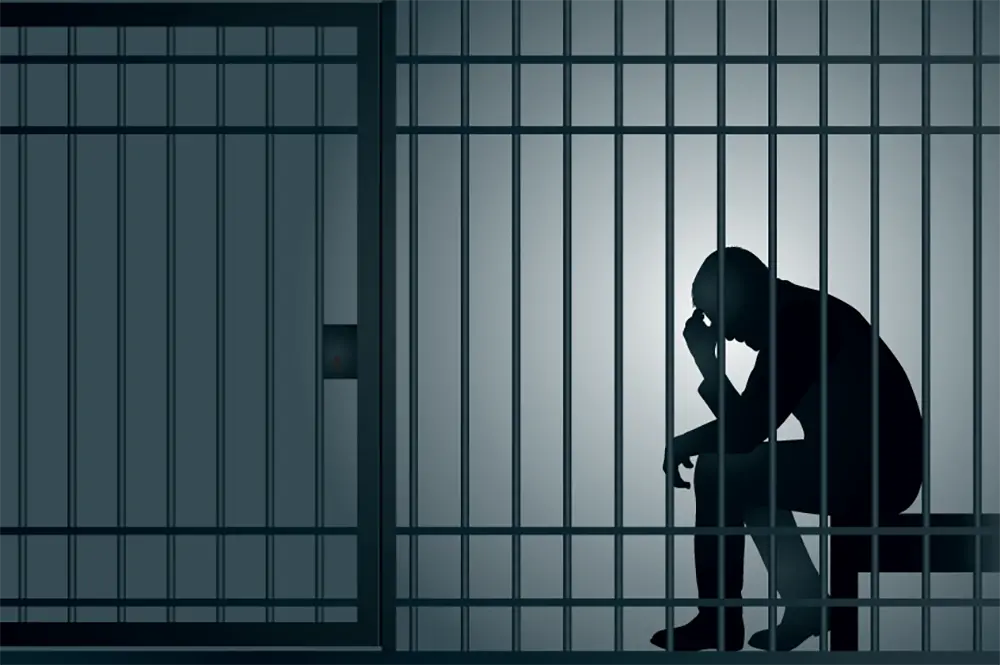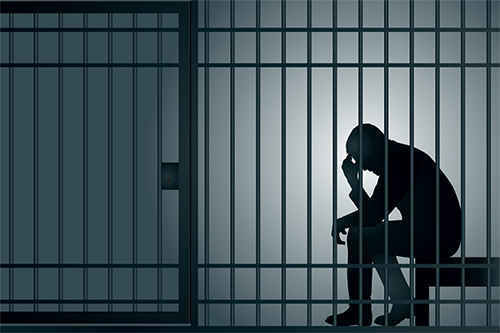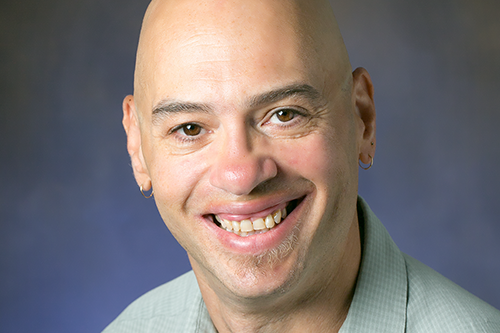

Statistics reveal that the poor in general are punished more frequently and severely for their crimes than the wealthy. A psychology professor at Illinois has found, however, that when it comes to evaluating the moral character of those who have committed crimes, the wealthy are judged more harshly than the poor.
Sean Laurent said that many people he polled for his study on moral evaluations suspected he would find a “halo effect” around the moral judgments of wealthy people. He learned, however, that the judgments people make on morality are more complicated than what’s reflected in jail and prison rolls. In fact, the unethical behavior of the wealthy is seen as less justifiable than the same violations committed by the poor.

“This idea that just because there's more poor people incarcerated than wealthy people, and that they would be judged as worse for doing bad things than wealthy people, is not necessarily true in an empirical sense,” Laurent said.
Laurent collaborated on the study with graduate student Drew Weiner. The two collected pilot data to obtain a “generic” understanding of whether people from higher or lower economic classes are seen as having greater sense of morality by the public, as part of a longer a two and a half year process of data collection.
Their research derives from experimental survey data that documented judgments of the wealthy and the underprivileged in unethical situations—for example, lying about money and slashing someone else’s car tires.
Their findings were that “situational factors” caused people to minimize the offenses of the underprivileged, while similar behavior by the wealthy was seen as being “less excusable and was attributed primarily to bad moral character,” according to the research project’s abstract.
“So that's additional ammunition to our explanation about reasons, and how people probably think that it's the chronic stress that poor people experience that makes them less culpable for the bad things that they do,” Laurent said. “I think one of the most surprising things could be that people really do pay attention to different types of factors when they're thinking about how immoral something is, other than just the behavior itself.”


